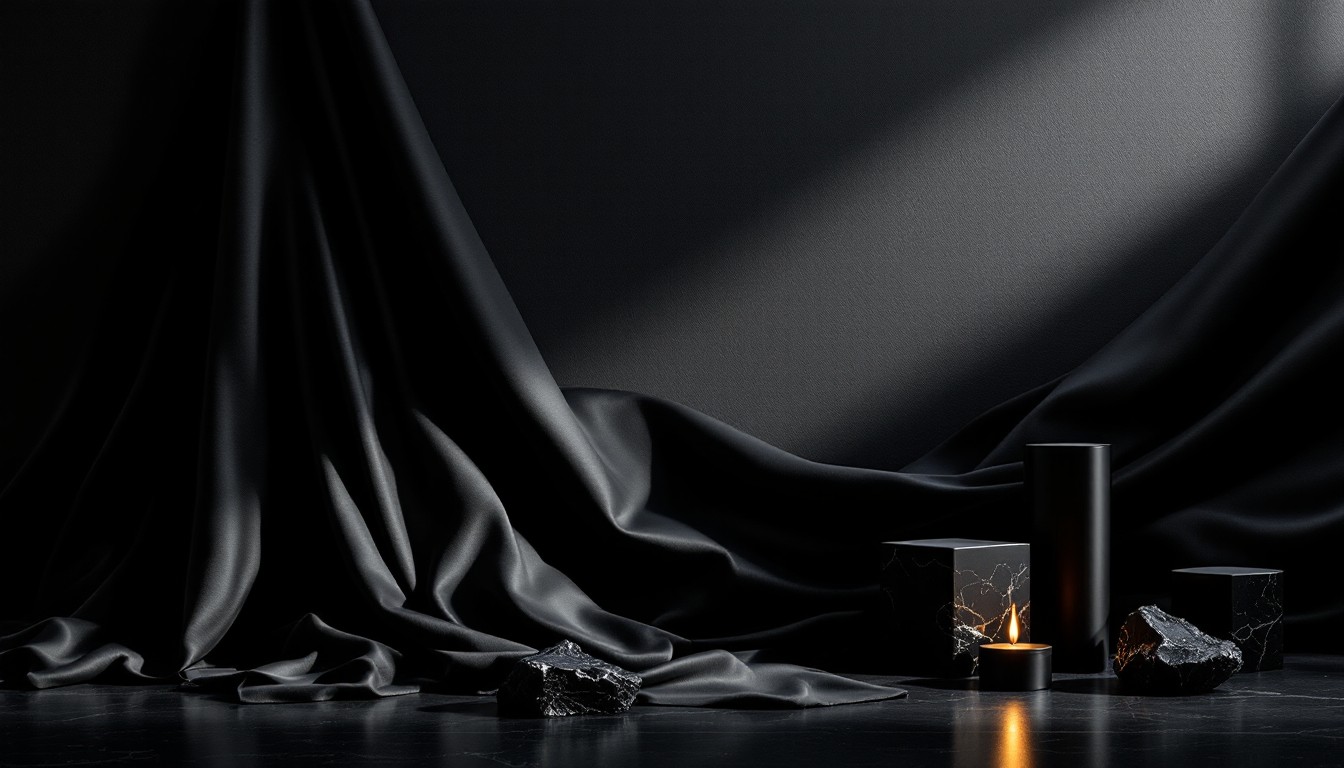

Hi, everyone! Janet here from English with Janet. With Black Friday just around the corner, it’s the perfect time to explore some fascinating expressions featuring the word black. These phrases are not just fun but also incredibly useful in everyday English. Let’s dive in and explore their meanings one by one. Oh, and don’t miss the three bonus tips at the end—they’re unique and interesting!
Got an invitation to a “black tie” event? Time to dress to impress! This term refers to a very formal dress code. For men, it means wearing a tuxedo, and for women, it’s all about elegant long dresses.
When someone has a dark blue or purple bruise around their eye after being hit, we call it “a black eye.” It’s often a result of a punch or accident.
This term refers to the buying and selling of illegal goods—things like drugs, weapons, or even counterfeit items.
“In the black” is a financial term that means a company is profitable—their revenue is higher than their expenses.
The opposite is “in the red,” which means the business is losing money.
Sometimes, situations aren’t straightforward. When something isn’t “black and white,” it means there’s no clear answer, and it’s open to interpretation.
If someone says you have “a black mark” on your record, it means you’ve made a mistake or done something wrong, and it has left a lasting negative impression.
“To black out” means to faint or lose consciousness. It’s often used in the context of exhaustion, injuries, or even extreme emotions.
It can also refer to a power outage, when all the lights go out.
To be on a “blacklist” means to be officially shunned or excluded for doing something undesirable. Companies, groups, or individuals can all be blacklisted.
If you’re the “black sheep” of your family, it means you’re different from the rest—often in a way that isn’t appreciated.
This set of similes helps describe something as being completely black. Examples include:
These comparisons vividly emphasize just how dark something is.
If someone says they “take their coffee black,” it means they drink it plain—no cream, no sugar, just pure coffee.
A unique and creative genre, “black comedy” (or dark humor) uses morbid or taboo subjects in a humorous way. It’s not for everyone, but it’s a clever way of making light of serious topics.
This is a metaphor often used to describe depression or feelings of sadness. It was popularized by Winston Churchill, who referred to his own depression as the “black dog.”
These “black” expressions are sure to make your English conversations more colorful (or in this case, darker!). Which ones were new to you? Do you have a favorite?
If you enjoyed this lesson, be sure to Subscribe and explore more with me at English with Janet. And don’t miss our Black Friday blog post series —perfect for leveling up your English skills.
Happy learning!
Janet 😊

Leave a Reply